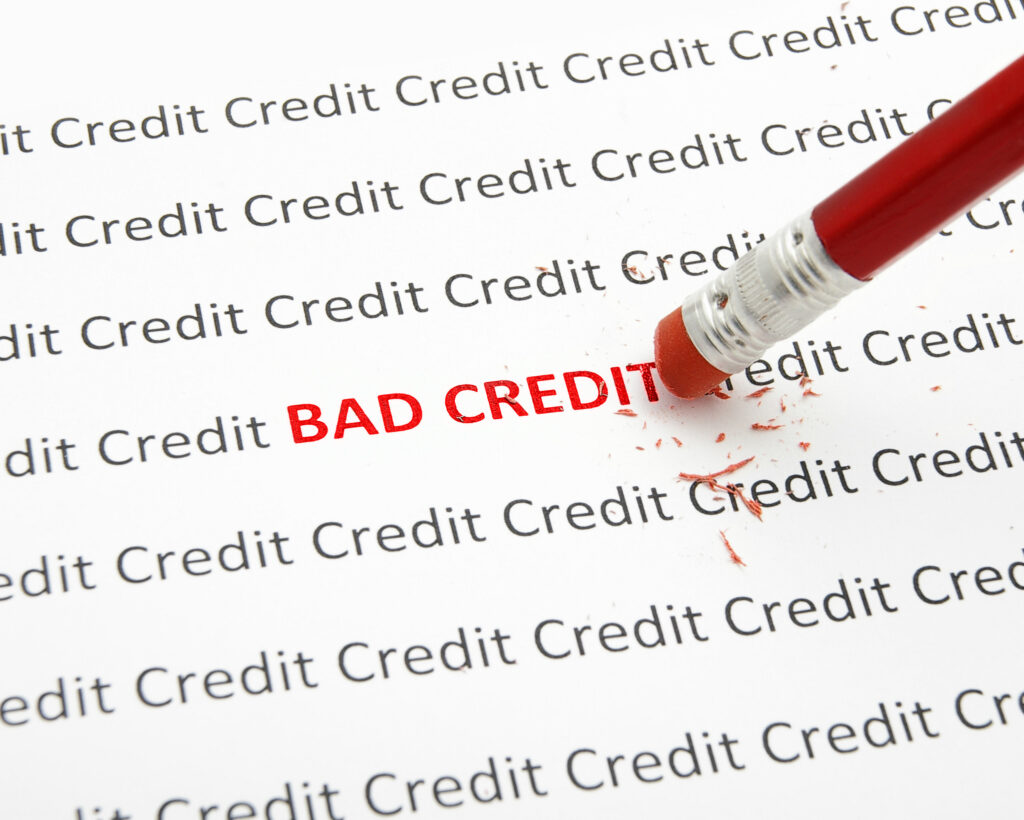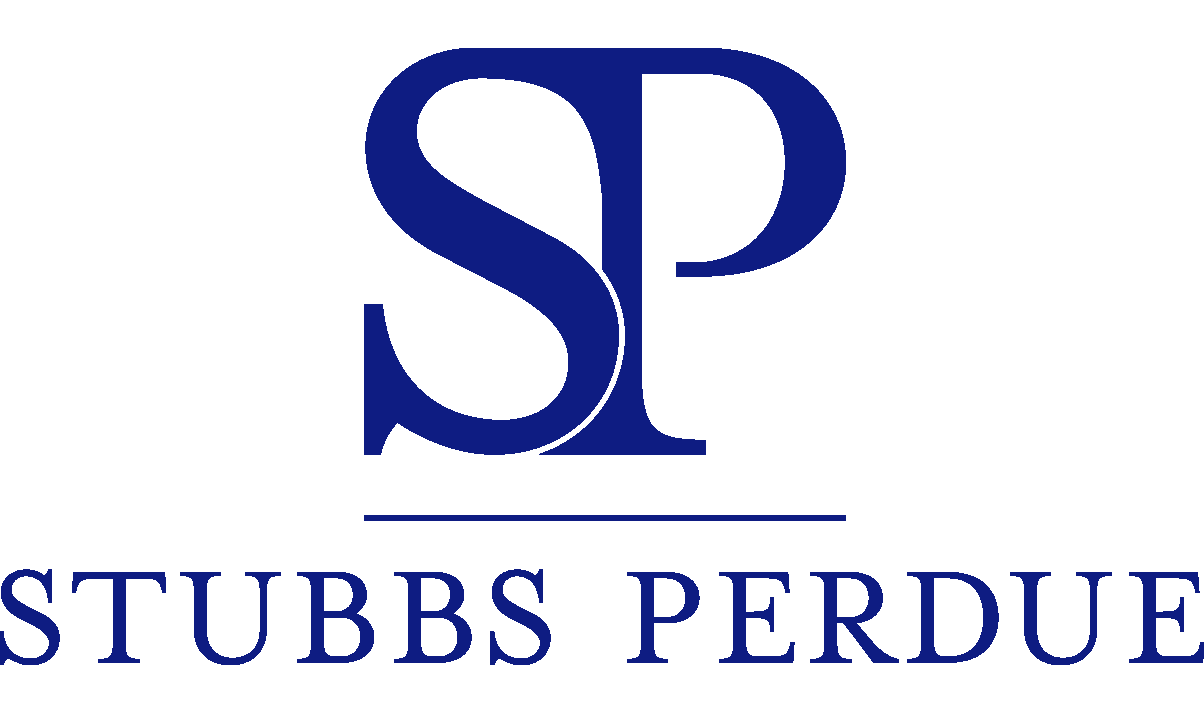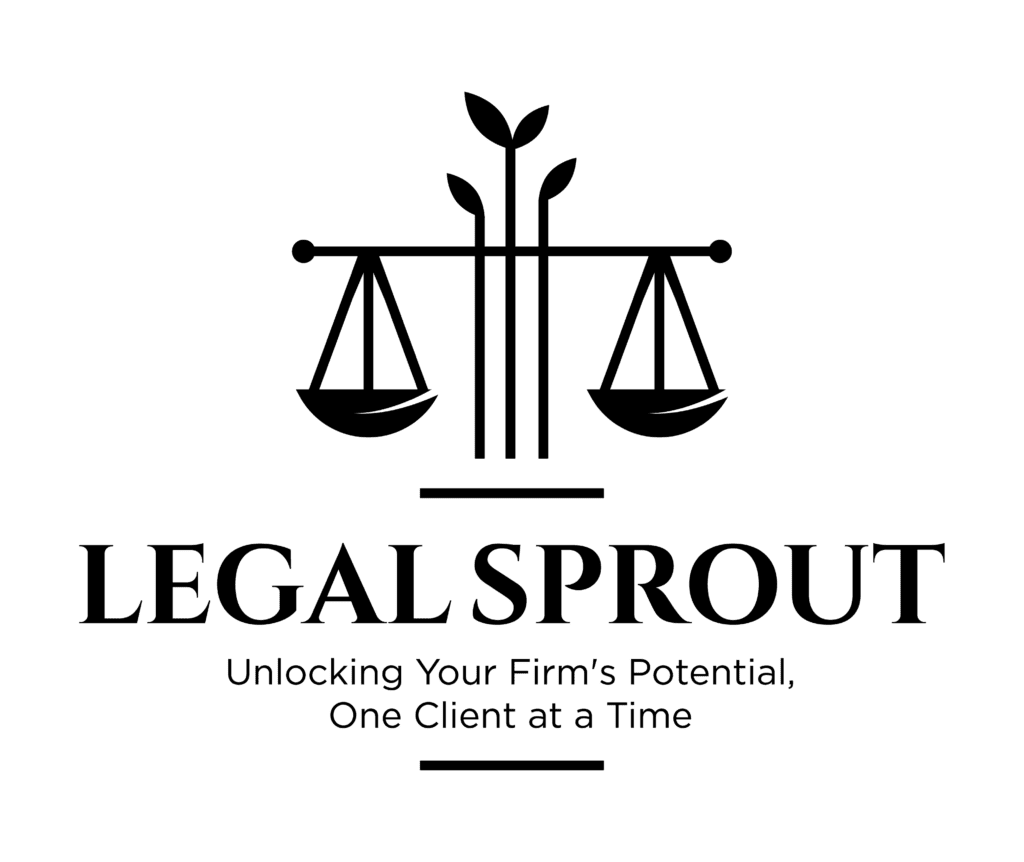Chapter 13 Bankruptcy
Chapter 13 Bankruptcy in north carolina
A Chapter 13 repayment plan is a court-approved agreement that outlines how you will pay back your debts over three to five years, ideal for those in North Carolina grappling with the threat of foreclosure, saddled with tax liabilities, or facing legal actions due to unpaid debts; it’s a powerful tool for anyone seeking for debt relief while protecting their assets under the experienced guidance of Stubbs & Perdue’s compassionate and skilled legal team.
What is a Chapter 13 repayment plan?
A Chapter 13 repayment plan is a court-approved agreement that outlines how you will pay back your debts over three to five years. The plan is calculated based on your disposable income after accounting for necessary living expenses, and it must be fair to your creditors. The plan prioritizes certain debts like back taxes and child support, while others may receive a lesser portion or none of what is owed.

Are you experiencing any of these overwhelming debt situations?
- Foreclosure Threat
- Vehicle Repossession
- Credit Card Debt
- Divorce-Related Debts
- Student Loans
- Military-Related Debts
- Medical Bills
- Loan Defaults
- Co-signed Loan Issues
- Multiple Mortgages
- Tax Debt
- Child Support
Let's talk solutions. Schedule your FREE consultation today.
Does filing for Chapter 13 bankruptcy affect my spouse?
Filing for Chapter 13 bankruptcy can affect your spouse, but the extent depends on various factors, including whether you file individually or jointly and the nature of your debts.
If you file for Chapter 13 bankruptcy individually, only your debts will be included in the bankruptcy plan. However, if you and your spouse have joint debts, your spouse could still be responsible for the entire debt if you file individually. This is important to consider, especially if creditors might pursue your spouse for repayment of joint debts. In contrast, filing jointly allows all debts shared between you and your spouse to be included in the Chapter 13 plan. When you file for Chapter 13, an automatic stay is immediately effective, which prevents creditors from pursuing collection actions. This protection extends to co-debtors in certain cases, providing some shield to your spouse against creditors’ actions on joint debts during the bankruptcy process.
will filing for Chapter 13 bankruptcy affect my credit score?
Filing for Chapter 13 bankruptcy will likely cause an initial drop in your credit score. However, as you make consistent payments through your repayment plan, you can begin to rebuild your credit. Successfully completing the bankruptcy can ultimately improve your financial situation and may be viewed more favorably than ongoing missed payments and defaults. Typically, you must close your existing credit card accounts, but you may be able to obtain new credit during the plan.


FAQ: chapter 13 bankruptcy in nC
The first step is to consult with an experienced bankruptcy attorney to evaluate your financial situation and begin preparing the necessary documentation
Yes, filing for Chapter 13 bankruptcy imposes an automatic stay that stops most lawsuits.
You can file for Chapter 13 bankruptcy again after two years from the date of a previous Chapter 13 filing.
Debts not discharged include alimony, child support, certain taxes, and student loans.
Yes, anyone with a regular income, including self-employed individuals, can file for Chapter 13.
Pros
- Asset Retention: Chapter 13 allows you to keep all your assets, including those with significant equity that might otherwise be liquidated under Chapter 7.
- Repayment Flexibility: You can restructure debts and extend repayments over three to five years, reducing your monthly financial burden.
- Foreclosure and Repossession Prevention: It offers a chance to catch up on delinquent mortgage or car payments, helping to avoid foreclosure or repossession.
- Debt Consolidation: You make one consolidated payment to a trustee who then manages payments to creditors, simplifying your finances.
- Co-debtor Protection: Chapter 13 includes an automatic stay that also protects co-debtors on consumer debts from collection activities.
- Debt Discharge: Upon completion of the payment plan, most remaining unsecured debts are discharged, freeing you from these financial obligations.
Cons
- Credit Impact: Filing for Chapter 13 will lower your credit score initially and remains on your credit report for seven years.
- Process Length and Complexity: The commitment to a three to five-year payment plan and the need for court approval for financial decisions can be challenging.
Why Choose Stubbs Perdue For Chapter 13 Bankruptcy?
Our law firm has over 50 years’ experience in bankruptcy cases and has helped hundreds of families in North Carolina save their assets and start over. Our board-certified consumer bankruptcy lawyers will answer all of your questions, help you decide whether chapter 13 bankruptcy is a good fit for you, and help you design a repayment plan that you can afford. We offer free, in person consultations, video or telephonic consultations, and after hours and weekend appointments in order to meet your schedule. Call Stubbs & Perdue at 252-633-2700 or contact us online to schedule your bankruptcy consultation at our New Bern or Wilmington offices.
Contact our office
To schedule a consultation, kindly complete the form provided below.

